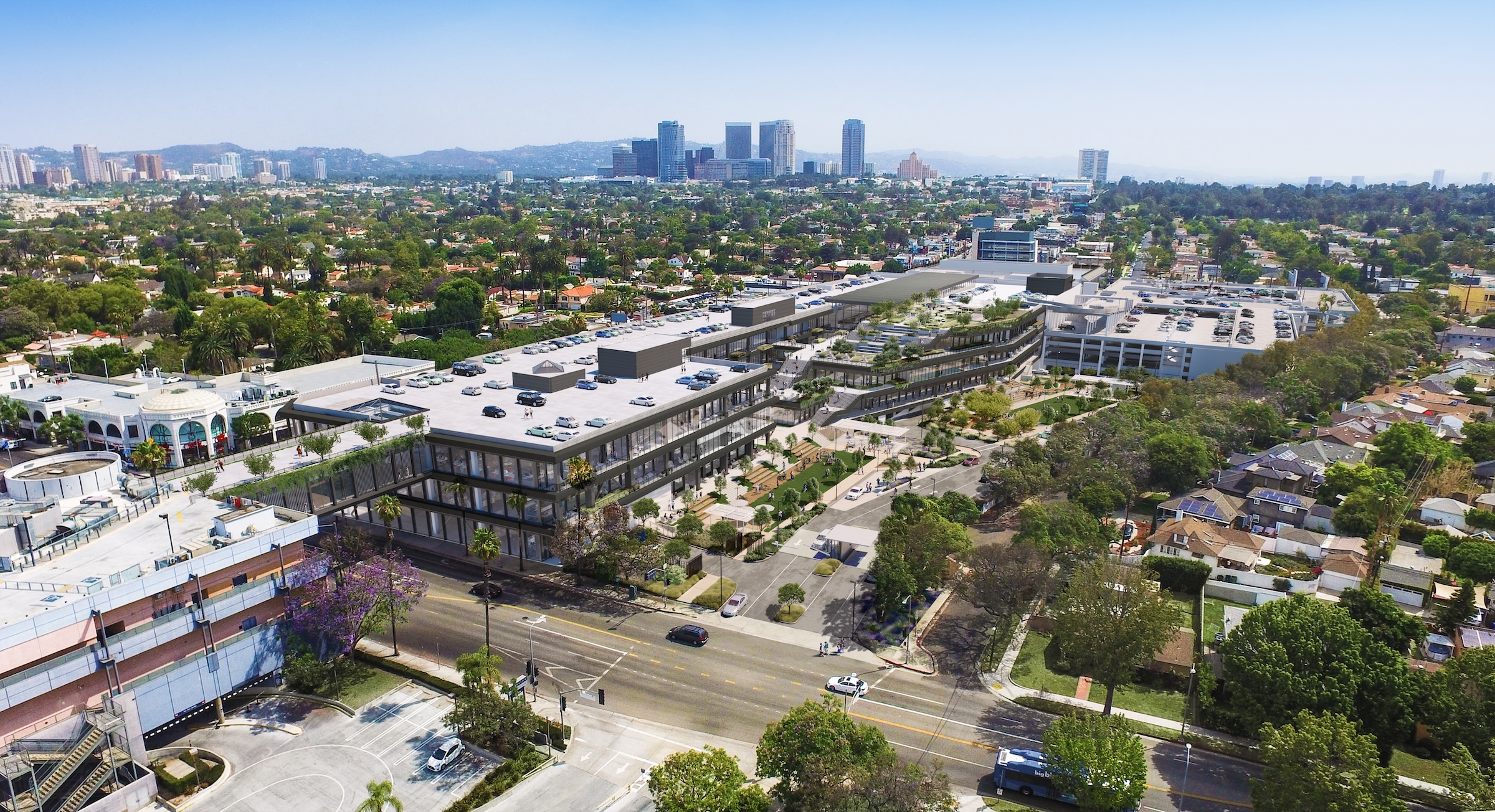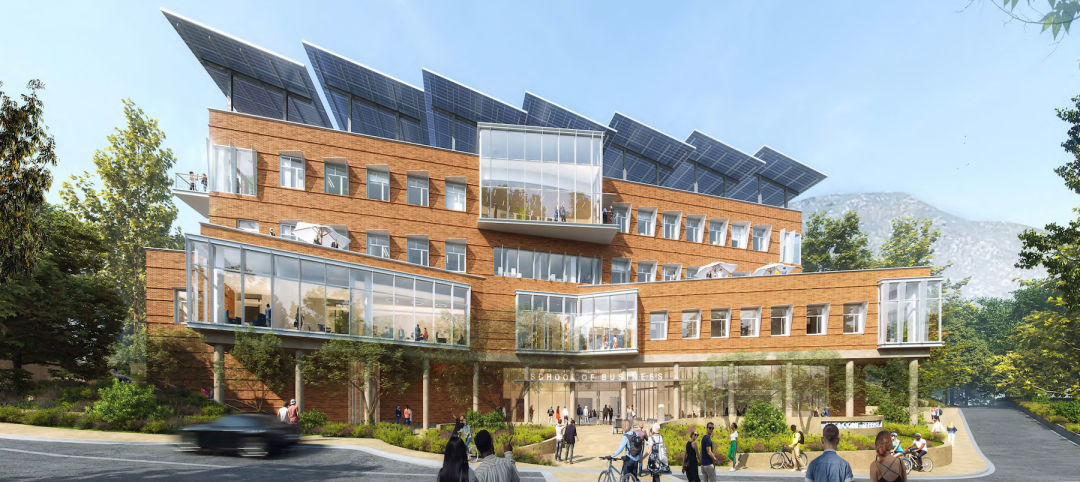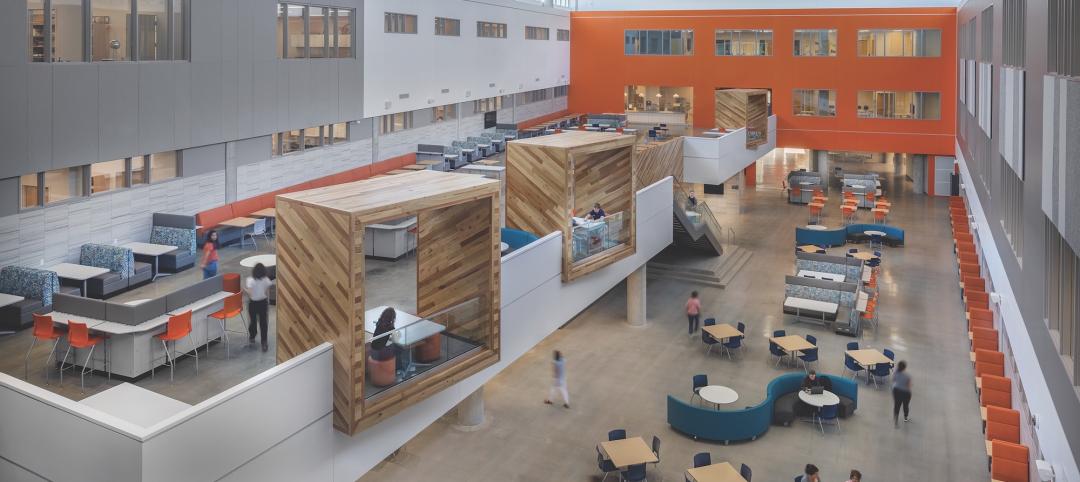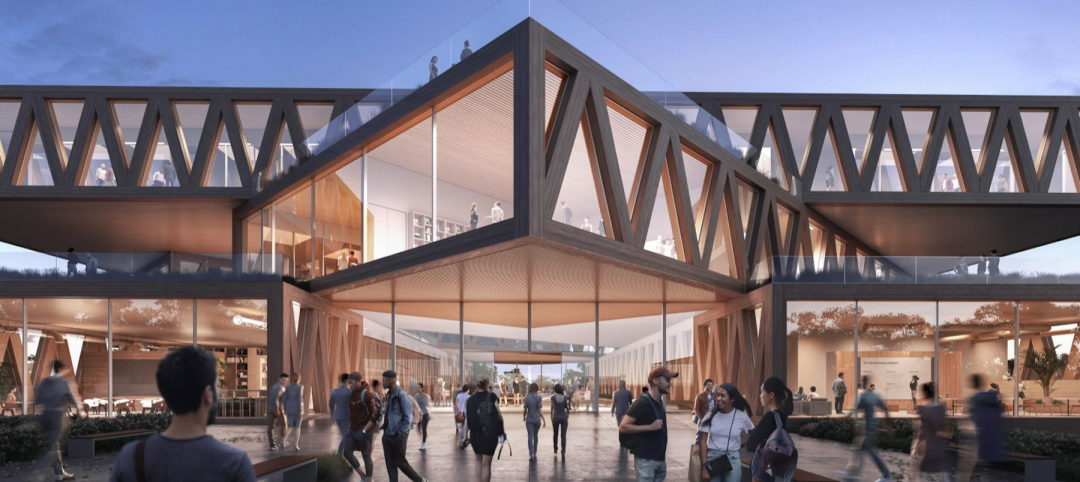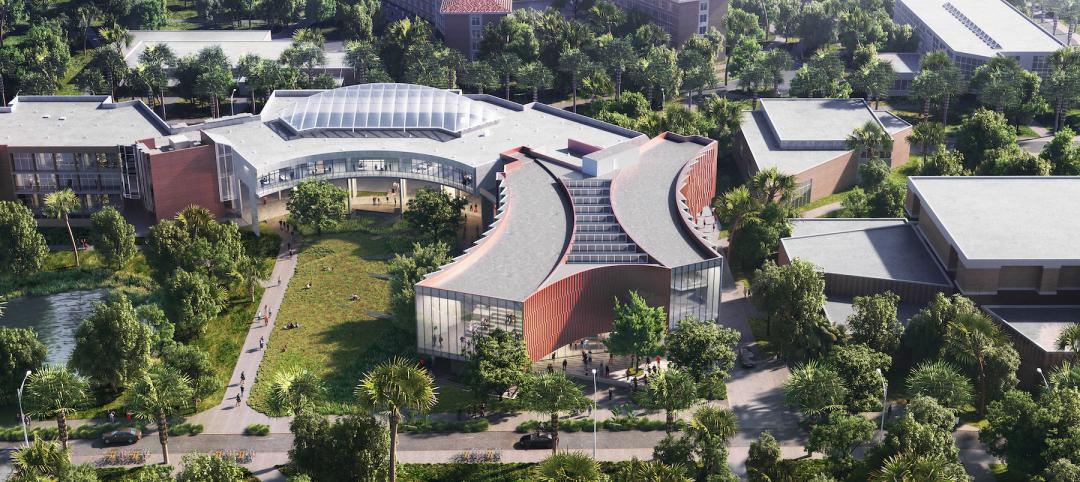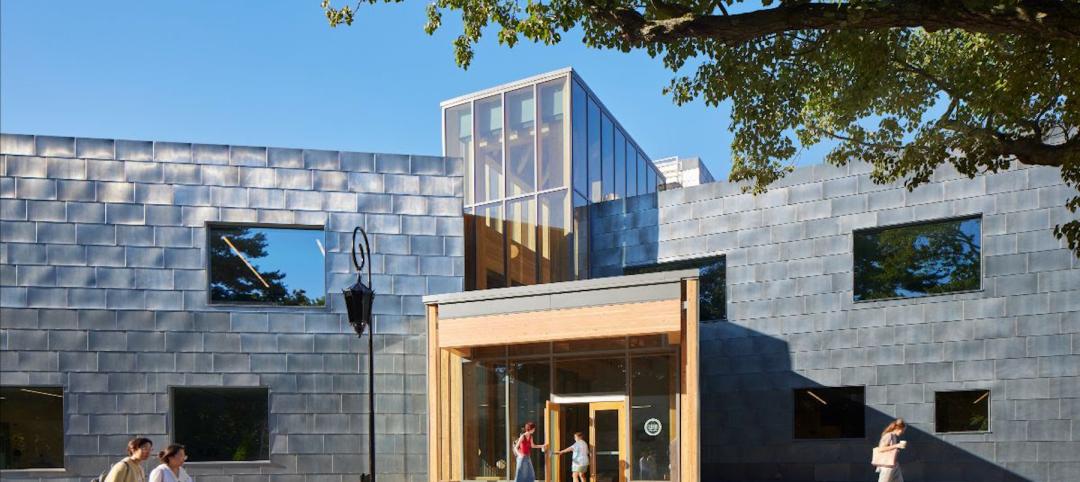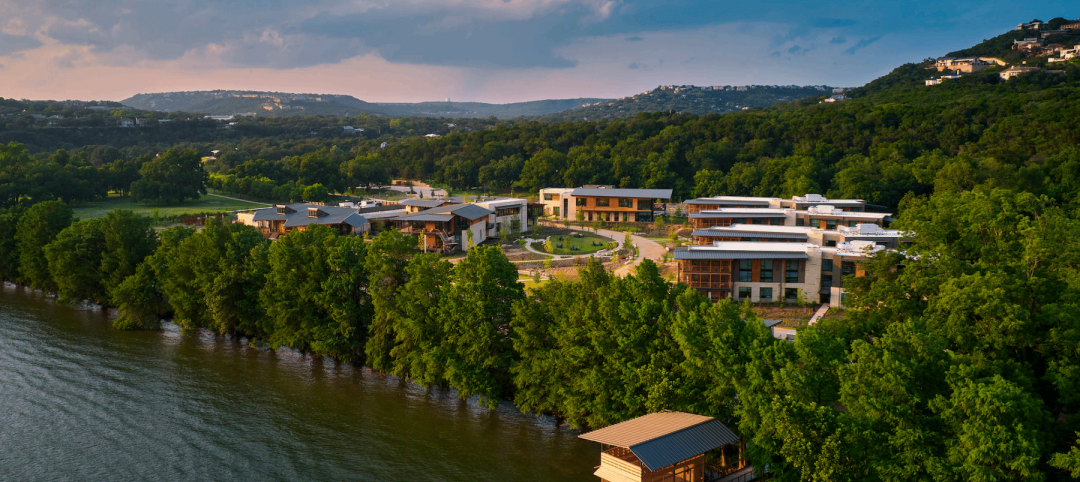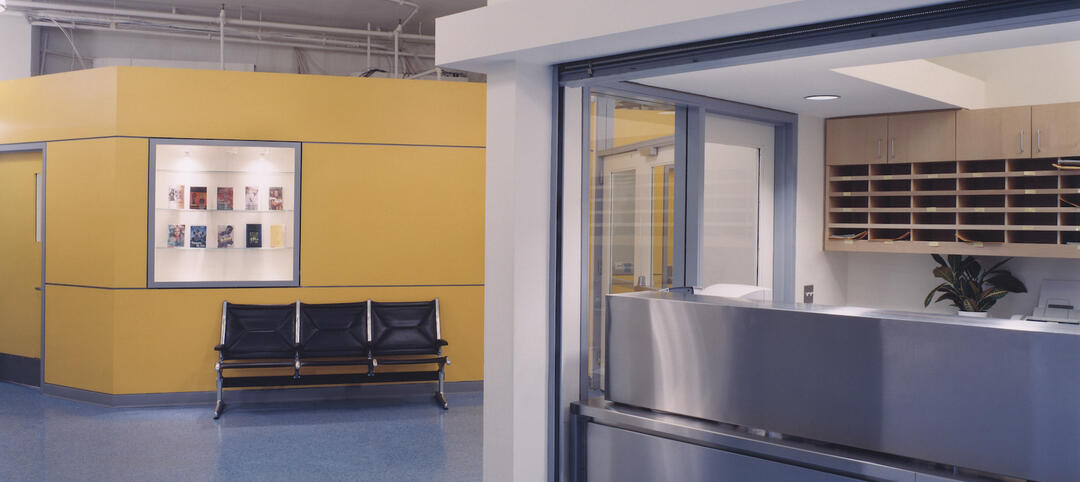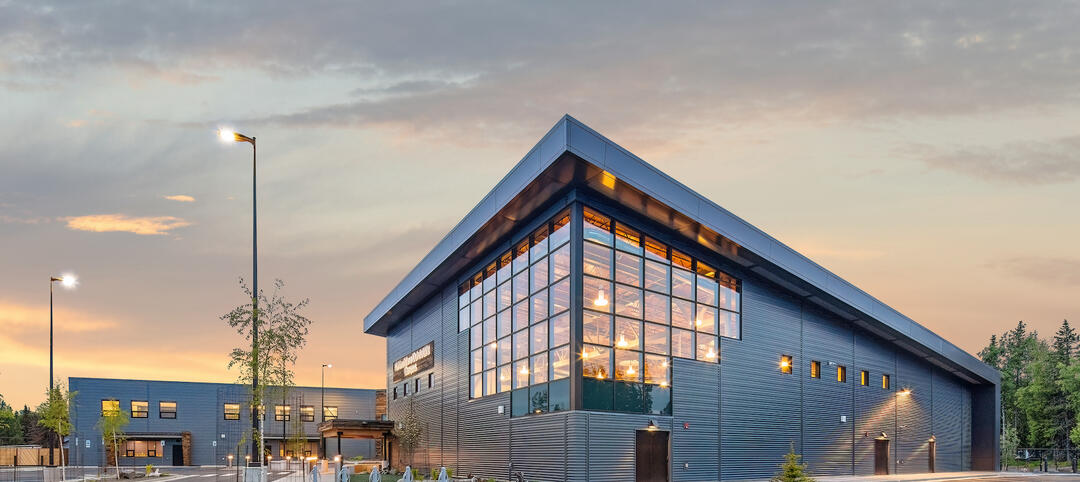UCLA recently acquired a former mall that it will convert into the UCLA Research Park that will house the California Institute for Immunology and Immunotherapy at UCLA and the UCLA Center for Quantum Science and Engineering, as well as programs across other disciplines. The 700,000-sf property, formerly the Westside Pavilion shopping mall, is two miles from the university’s main Westwood campus. Google, which previously leased part of the property, helped enable and support UCLA’s acquisition.
The Research Park will make use of the flexible work areas within the property. The expansive, high-ceilinged indoor space will be used for research laboratories and offices. The former mall also includes a 12-screen multiplex movie theater that may be converted into lecture halls or performance spaces, allowing UCLA to offer programming across the arts, humanities, sciences, and social sciences. The property is easily accessible by public transportation lines, including the Westwood/Rancho Park Metro station that connects directly to downtown. It is also minutes away from UCLA’s Westwood campus by bus.
The institute will draw on the expertise of UCLA faculty members, scholars from other higher education institutions, and other leading scientists and practitioners in clinical and biomedical scientific research, including human genetics, genomics, computer science, engineering, and information science. Researchers will pursue new tools, treatments and vaccines for cancer, autoimmune and immune deficiency disorders, infectious diseases, allergies, heart conditions, solid organ transplantation, and other major health-related issues.
The UCLA Research Park will also be home to the UCLA Center for Quantum Science and Engineering, which conducts research in the emerging field of quantum science and technology. Research explores quantum computing, communication, and sensing, with the aim of dramatically increasing information processing power by harnessing the unusual behavior of subatomic particles. Founded in 2018 and operated by the UCLA College’s Division of Physical Sciences and the UCLA Samueli School of Engineering, the center has received funding from Boeing and the National Science Foundation and includes more than two dozen UCLA faculty from the fields of physics, engineering, computer science, chemistry, mathematics, and biostatistics. The center will also house the Quantum Leap Challenge Institute for Present and Future Quantum Computation, an NSF-funded initiative that consists of eight universities.
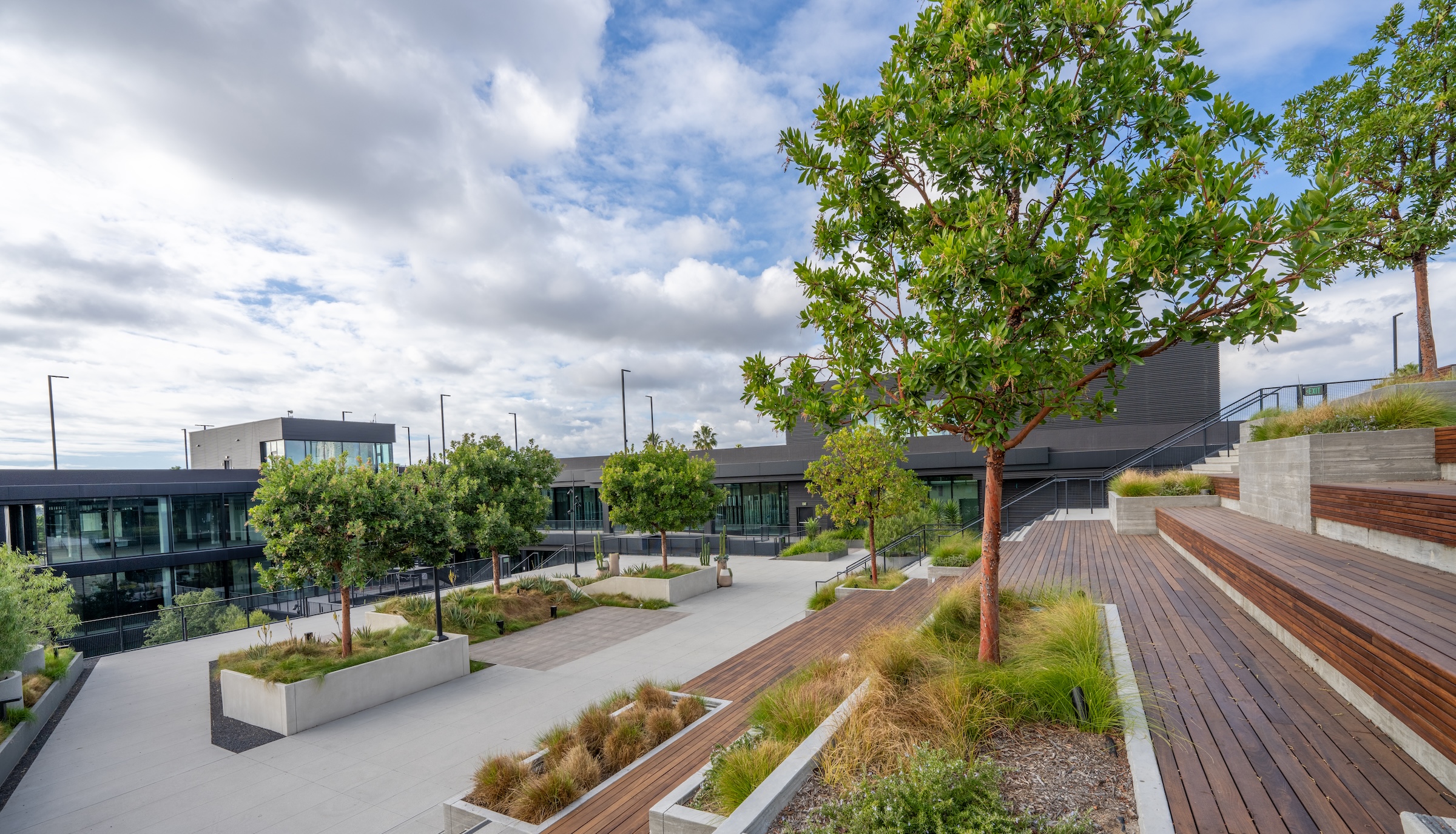
New space at the UCLA Research Park will facilitate greater collaboration between the quantum center and its partners and will solidify UCLA’s leadership role in this developing field, according to Miguel Garcia-Garibay, dean of physical sciences, and Alissa Park, dean of engineering.
This major acquisition—UCLA’s third in the past 15 months—is part of a transformative expansion designed to broadly extend resources and institutional expertise, deepen the campus’ connections to Los Angeles’ diverse and dynamic communities, and meet the growing demand for top-tier higher education across the city and region. Each acquisition has been an adaptive and sustainable development, repurposing existing structures for new uses while avoiding the need for major construction.
Owner and/or developer: UCLA
Design architect: Flad Architects
Other building team members have not yet been selected.
Here is the full press release from Flad Architects:
Flad Architects has been selected as Executive Architect for the UCLA Research Park Master Plan Study, which will include the development of a phased adaptive reuse master plan and demising plan to convert the former site of the 700,000-square-foot Westside Pavilion shopping mall into a new research park.
The research park will serve as a nexus for discovery and innovation, bringing together academic researchers, corporate partners, startups, and government agencies to advance fields of science and technology that have the potential to lead to previously unimaginable possibilities to address complex challenges.
Upon completion, the new Research Park will host two multidisciplinary research centers: the California Institute for Immunology and Immunotherapy at UCLA and the UCLA Center for Quantum Science and Engineering. The design will also include projections for future growth.
Uniting breakthroughs from biosciences, quantum science and engineering, and other emerging technologies has far-reaching potential to save lives and revolutionize healthcare outcomes.
The Institute for Immunology and Immunotherapy will draw on the expertise of UCLA faculty members, scholars from different higher education institutions, and other leading scientists and practitioners in clinical and biomedical scientific research. Researchers will pursue new tools, treatments and vaccines for cancer, autoimmune and immune deficiency disorders, infectious diseases, allergies, heart conditions, solid organ transplantation, and other major health-related issues.
Founded in 2018, the UCLA Center for Quantum Science and Engineering conducts research in the emerging field of quantum science and technology — including quantum computing, communication and sensing — to dramatically increase information processing power by harnessing the unusual behavior of subatomic particles. It is operated by the UCLA College’s Division of Physical Sciences and the UCLA Samueli School of Engineering.
The UCLA Research Park project is part of UCLA’s plan to expand the campus footprint through adaptive reuse and sustainable development, repurposing existing structures while avoiding the need for major new construction.
The expansion plan aims to greatly extend the university’s resources and institutional expertise, deepen the campus’ connections to Los Angeles’ diverse and dynamic communities, and meet the growing demand for top-tier higher education across the city and region.
Located on the 10800 block of West Pico Blvd., two miles south of the UCLA campus, the property consists of two buildings connected by an enclosed pedestrian bridge spanning Westwood Boulevard.
The project is scheduled to be completed in May 2027.
Related Stories
University Buildings | Nov 13, 2022
University of Washington opens mass timber business school building
Founders Hall at the University of Washington Foster School of Business, the first mass timber building at Seattle campus of Univ. of Washington, was recently completed. The 84,800-sf building creates a new hub for community, entrepreneurship, and innovation, according the project’s design architect LMN Architects.
University Buildings | Nov 2, 2022
New Univ. of Calif. Riverside business school building will support hybrid learning
A design-build partnership of Moore Ruble Yudell and McCarthy Building Companies will collaborate on a new business school building at the University of California at Riverside.
K-12 Schools | Nov 1, 2022
Safety is the abiding design priority for K-12 schools
With some exceptions, architecture, engineering, and construction firms say renovations and adaptive reuse make up the bulk of their work in the K-12 schools sector.
School Construction | Oct 31, 2022
Claremont McKenna College science center will foster integrated disciplinary research
The design of the Robert Day Sciences Center at Claremont McKenna College will support “a powerful, multi-disciplinary, computational approach to the grand socio-scientific challenges and opportunities of our time—gene, brain, and climate,” says Hiram E. Chodosh, college president.
University Buildings | Oct 27, 2022
The Collaboratory Building will expand the University of Florida’s School of Design, Construction, and Planning
Design firm Brooks + Scarpa recently broke ground on a new addition to the University of Florida’s School of Design, Construction, and Planning (DCP).
Higher Education | Oct 24, 2022
Wellesley College science complex modernizes facility while preserving architectural heritage
A recently completed expansion and renovation of Wellesley College’s science complex yielded a modernized structure for 21st century STEM education while preserving important historical features.
BAS and Security | Oct 19, 2022
The biggest cybersecurity threats in commercial real estate, and how to mitigate them
Coleman Wolf, Senior Security Systems Consultant with global engineering firm ESD, outlines the top-three cybersecurity threats to commercial and institutional building owners and property managers, and offers advice on how to deter and defend against hackers.
Education Facilities | Oct 13, 2022
A 44-acre campus serves as a professional retreat for public-school educators in Texas
A first-of-its-kind facility for public schools in Texas, the Holdsworth Center serves as a retreat for public educators, supporting reflection and dialogue.
K-12 Schools | Sep 21, 2022
Architecture that invites everyone to dance
If “diversity” is being invited to the party in education facilities, “inclusivity” is being asked to dance, writes Emily Pierson-Brown, People Culture Manager with Perkins Eastman.
| Sep 14, 2022
Indian tribe’s new educational campus supports culturally appropriate education
The Kenaitze Indian Tribe recently opened the Kahtnuht’ana Duhdeldiht Campus (Kenai River People’s Learning Place), a new education center in Kenai, Alaska.


